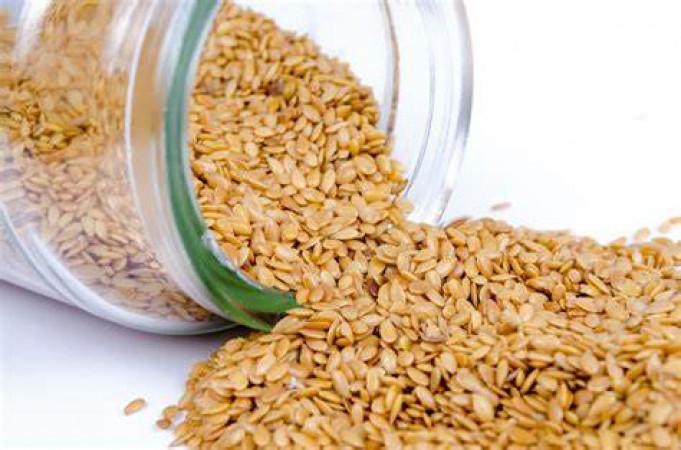In recent years, the popularity of sunflower, sesame, chia, and flax seeds has surged due to their perceived health benefits. However, a closer look reveals that while these seeds offer various nutritional advantages, there are also potential downsides that shouldn't be ignored.
The Nutritional Powerhouses
Sunflower Seeds: A Crunchy Snack
- Rich in vitamin E and selenium.
- High in healthy fats and protein.
- Provide antioxidants that combat free radicals.
Sesame Seeds: Tiny but Mighty
- Excellent source of calcium and iron.
- Packed with dietary fiber and plant compounds.
- May support heart health and hormone balance.
Chia Seeds: Superfood or Super Hype?
- Loaded with omega-3 fatty acids.
- High in soluble fiber, promoting digestive health.
- May aid weight loss by promoting satiety.
Flax Seeds: Omega-3 Boost
- Abundant in alpha-linolenic acid (ALA).
- Potential benefits for heart health and inflammation.
- Lignans in flaxseeds may have anti-cancer properties.
The Potential Drawbacks
Oxalates in Sesame Seeds
- Oxalates may hinder mineral absorption.
- Individuals with kidney issues should be cautious.
Choking Hazard of Chia Seeds
- When exposed to liquid, chia seeds swell and form a gel-like consistency.
- May cause discomfort if consumed without adequate hydration.
Digestive Issues with Flax Seeds
- Whole flax seeds may pass through undigested.
- Ground flax seeds are recommended for better nutrient absorption.
Calorie and Fat Content of Sunflower Seeds
- While healthy fats are beneficial, excess consumption can contribute to calorie surplus.
- Portion control is vital for weight management.
Moderation and Variety Are Key
Balanced Consumption
- Enjoy seeds as part of a varied diet.
- Avoid excessive reliance on any one type of seed.
Preparation Matters
- Roasting sunflower seeds can increase their calorie content.
- Soaking chia seeds can prevent them from expanding too rapidly.
Incorporating sunflower, sesame, chia, and flax seeds into your diet can undoubtedly offer an array of health benefits. However, like any dietary choice, moderation and informed consumption are crucial. To harness the potential advantages while minimizing the drawbacks, consult a nutritionist and tailor your intake to your individual needs.
Okra: Expert Opinions, Health Risks, and More
6 Easy Steps for Creating Tulsi Oil at Home for Better Hair Growth
Warning Signs of Rosacea: What to Watch Out For
